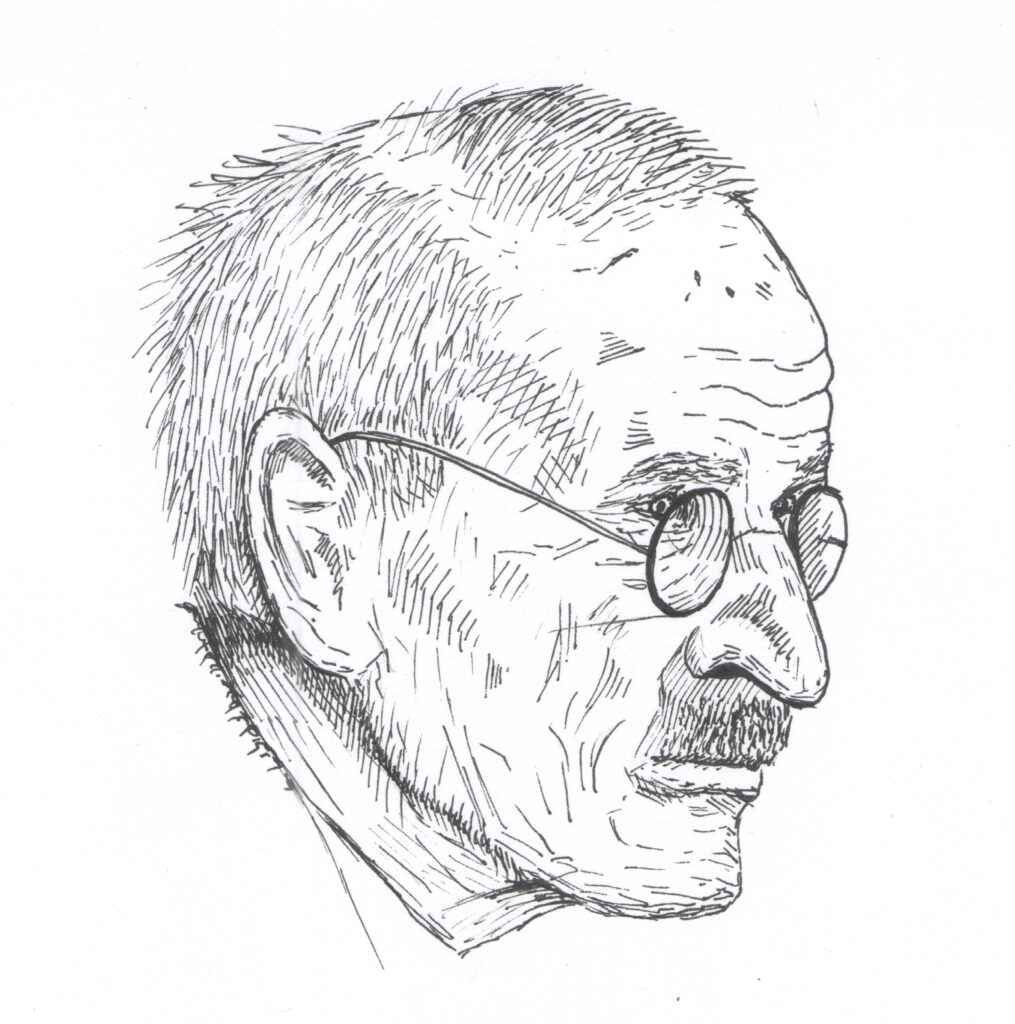
One of the most profound books I’ve ever read is Jung’s memoir, Memories, Dreams, Reflections. Not only did this book completely transform how I relate to my dreams, it also gave me deep insights into philosophical questions that I’d had for a number of years. Jung was a remarkable individual; he displayed extraordinary self-awareness and insight from a very young age. It really is hard to fathom just how insightful this man was. But for me personally, Jung’s writings changed the trajectory of my life in very meaningful ways.
Dreams are not there to deceive us
Before reading Jung I had a discordant relationship with my dreams. I’d been recording my dreams on and off for many years but I still struggled to interpret them correctly. Reading Jung (and especially his memoir) changed this.
Jung did not believe dreams to be deceptive. This was in fact one of the disagreements he’d had with Freud. Here’s an excerpt from Memories, Dreams, Reflections:
I was never able to agree with Freud that the dream is a ‘façade’ behind which its meaning lies hidden—a meaning already known but maliciously, so to speak, withheld from consciousness. To me dreams are a part of nature, which harbours no intention to deceive, but expresses something as best it can. These forms of life, too, have no wish to deceive our eyes, but we may deceive ourselves because our eyes are short-sighted.
Memories, Dreams, Reflections – Carl Jung
It was this insight that shifted my own thinking around dreams too. I realised this: dreams, no matter how nightmarish or fearful, are there to aid us. If our dreams were there to deceive us, we would be a house divided. If dreams were meaningless jests there would be no point. Dreams do reflect parts of our inner world, and so, chaotic or disjointed dreams might reflect an unfocused waking life, but the dream’s intention isn’t to deceive us. Rather the function, as I have experienced it, is to guide.
We can trust the messages in our dreams, but we must make sure that we interpret them correctly.
The second point that Jung makes in that excerpt is that we might not always have the full picture when it comes to our dreams. We might not understand every aspect of what the dream is trying to communicate. We might, in fact at times, misinterpret things. And that is okay. If we have an earnest desire to uncover the true meaning we will eventually get our insights. In the end, dream interpretation is a journey of self-discovery. But it should always take us closer to our true path. It should never make us despondent or powerless. This is true even for nightmares.
Nightmares, and what I’ve come to call warning dreams, are not fun to experience. These dreams usually affect my emotional state negatively. But what I’ve learnt is that the function of a warning dream is not to make us afraid of what is to come. The true function of a warning dream is to make us aware of bad trajectories in our lives. Warning dreams would be pointless if we could not change the outcome at some level. It took me a long time to realise this. These dreams are invitations to shift destructive patterns. Sometimes a small shift can be enough to circumvent a negative outcome.
Take synchronicities seriously
Jung was very skilled at seeing beyond the veil of the physical world. He also did not explain away meaningful coincidences, or synchronicities, as he termed them. He took them seriously. He followed their trail and let himself be guided by these remarkable coincidences.
Many people dismiss synchronicities. I’ve often done this myself. We place so much value in rationality that we often explain away these events that are so improbable that it verges on impossible. Rationality has its place but it should not override the magic of life which is often found in these mind-bogglingly improbable events.
The way I see it is that the synchronicities are the things that take us on the inner journey—the journey that brings us closer to presence and wonder. These signs are not something that we should dogmatically follow but rather something that we should be curious about.
So much of our lives are spent in egotistical defensiveness or desperation to get somewhere, but synchronicities take us out of that state. It reminds us that we are connected and taken care of. It helps us to experience wonder again. Jung’s approach to synchronicities helped me to realise this.